I was very, very happy and proud when I heard about the prize for Young and outstanding research awarded to Øivind Wilhelmsen. Øivind is a research scientist at the Department of Gas Technology at SINTEF Energy Research, and Professor in thermodynamics at the Department of Energy and Process Engineering (EPT) at NTNU.
A bit like sport
The development of talent at SINTEF is not entirely unlike what goes on in the world of sport. It’s all about recruiting talented young people attracted by the challenges offered by SINTEF, and providing them with opportunities for development and learning by means of project work.
With the Olympics in full swing, the most important thing occupying the minds of our sportsmen and women is winning medals. There aren’t too many prizes awarded for research, so it’s an even greater pleasure to see Øivind achieve his award!
In the same way as talented sportsmen and women put in thousands of hours of effort to become the best in the world, a successful career as a research scientist also requires an enormous amount of hard work.
No-one is just a “researcher” at SINTEF
Being a research scientist involves a process of continuous learning, combined with the courage to engage in personal development. Candidates starting at SINTEF following their Master’s degrees, often work for some years before they are granted leave to pursue their Ph.D. studies at NTNU. They can then return to a research position at SINTEF.
Those who succeed at SINTEF are experts in their fields. They have the ability to learn from others and share their knowledge in teams. They work at the limits of theirs and their colleagues’ knowledge. They succeed in focusing their knowledge in pursuit of an applied research perspective for the benefit of our clients and wider society.
Project development and sales are also aspects of SINTEF that our young talents experience as part of honing their expertise. No-one is just a “researcher”. Everyone gets to meet our clients during project development and implementation.
For SINTEF, designing tomorrow’s energy systems with the aim of limiting global warming is key. That’s why we’re working on the concepts of hydrogen as an energy carrier, CCS and energy efficiency. These are key technologies if we are to achieve the targets set out in the Paris Agreement.
SINTEF and NTNU – the best of two worlds
SINTEF and NTNU combine the best of two worlds – with the former’s main focus on applied research, and the latter’s primary emphasis on education and basic research. The projects we carry out together are often greatly enhanced because our institutes complement each other.
Together, we develop and operate large laboratory facilities and advanced research infrastructures where Ph.D. students and SINTEF researchers work together. Since Øivind works both as a SINTEF researcher and as a Professor II, it is especially pleasing to see that he has been awarded the Research Council of Norway’s Prize for Young and Outstanding Researchers.
His most important contributions to research have been in the fields of equilibrium and non-equilibrium thermodynamics, a description of transport processes across planar and curved gas-liquid interfaces, a description of nucleation processes, the thermodynamics of CO2 mixtures, and an understanding of thermodynamic stability in nanosystems.
These are fields that will have great significance for the development of tomorrow’s energy systems!
Øivind’s career – from SINTEF to NTNU, then back to both SINTEF and NTNU
Øivind has achieved a great deal very early in his career, and is an excellent representative of the unique collaborative relationship between NTNU and SINTEF. Øivind arrived at SINTEF after completing his Master’s degree in Chemistry, during which he was mentored by Professor Signe Kjelstrup.
After some time at SINTEF he began his Ph.D. studies, tutored once again by Professor Kjelstrup. Øivind is now back at SINTEF where he is continuing his research into thermodynamics, which includes looking into the management and liquefaction of hydrogen.
He also participates in the Centre for Outstanding Research (SFF), Porous Media Laboratory (PoreLab), led by Professor Alex Hansen.
This spring Øivind will join Professor Erich A. Müller at Imperial College. Müller is an expert in applying molecular simulation as a tool for the development of models of mixture thermodynamics. Øivind’s stay at Imperial is being funded by a strategic SINTEF project called HYVA. He will be joined in London by Ph.D. student Ailo Aasen, who is a grant-aided student at EPT funded by SINTEF Energy Research. Aasen is being mentored by Øivind and Morten Hammer, who is a research scientist at SINTEF Energy Research.


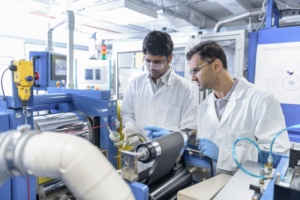

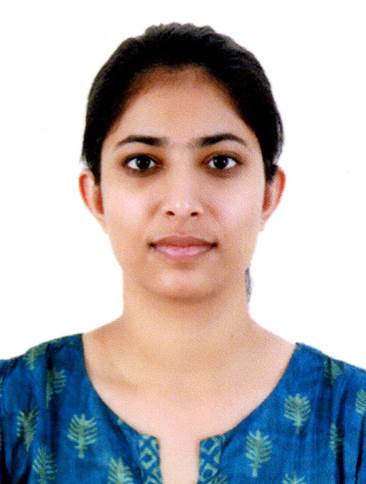
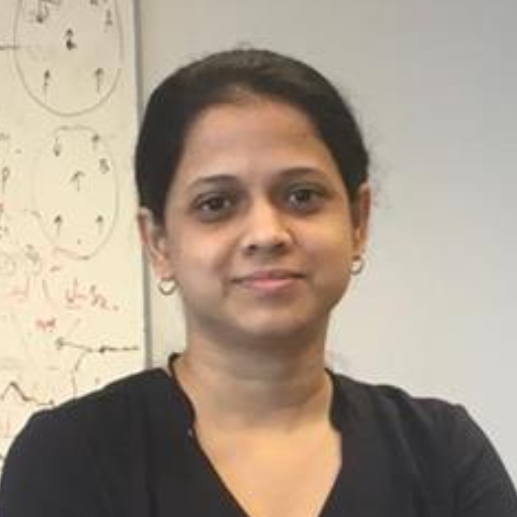
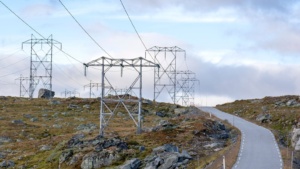
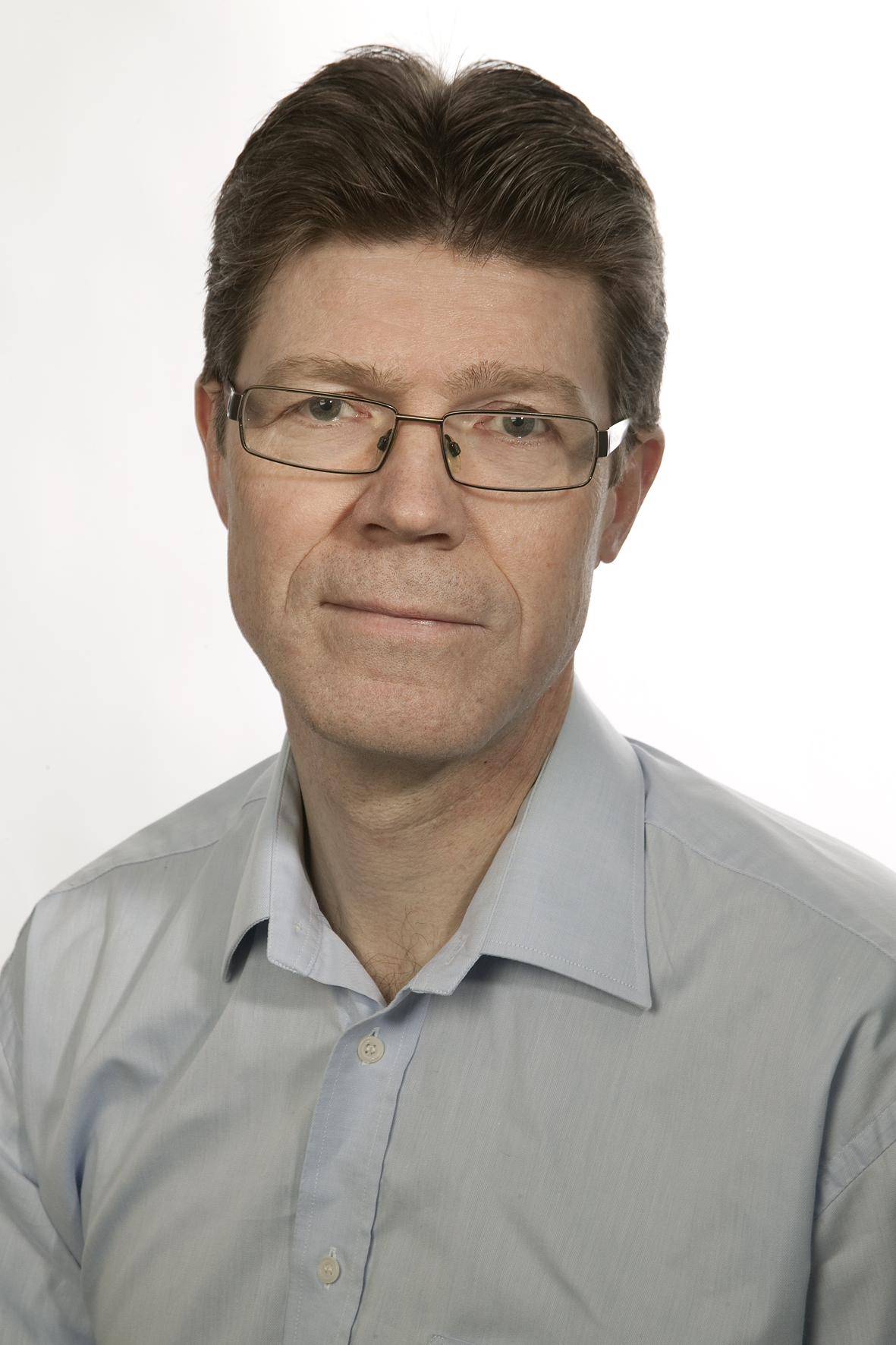
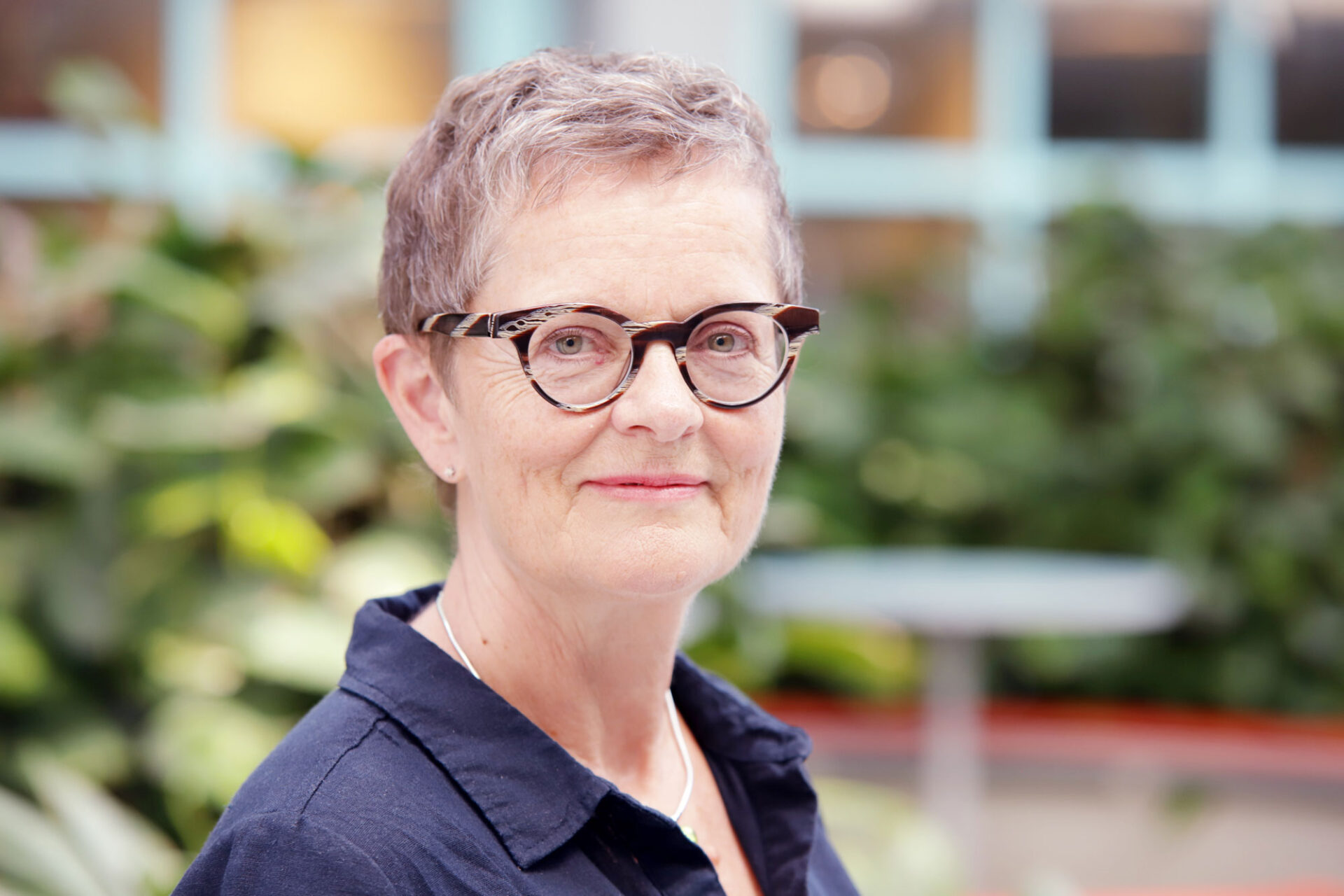

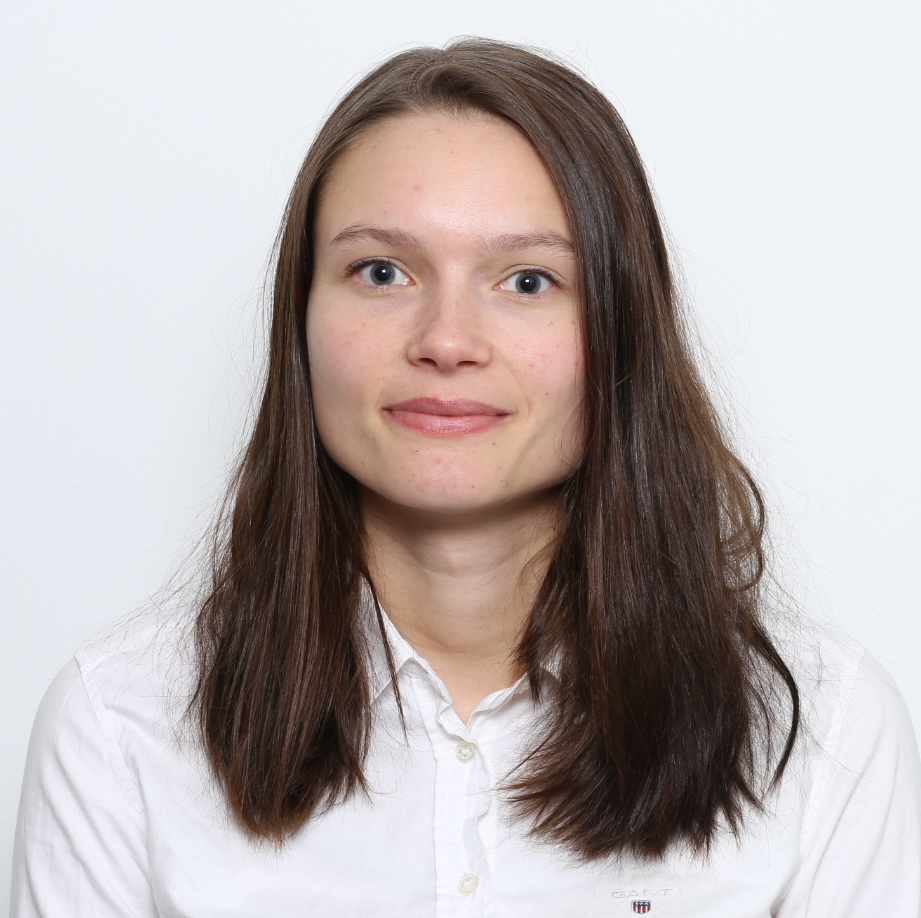
Comments
No comments yet. Be the first to comment!